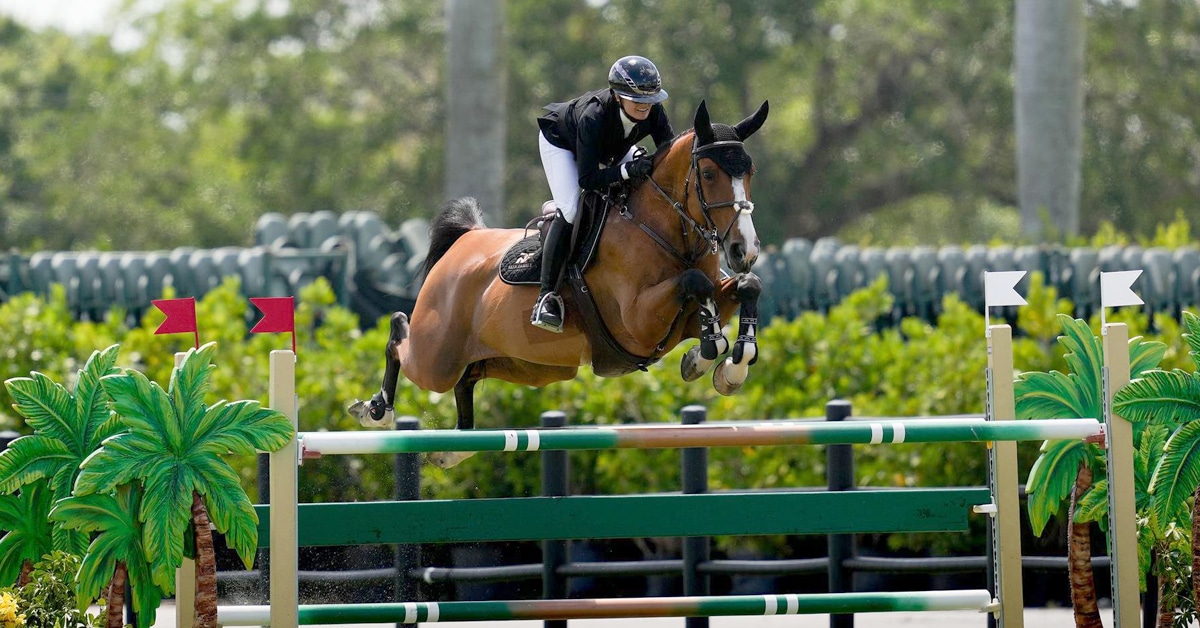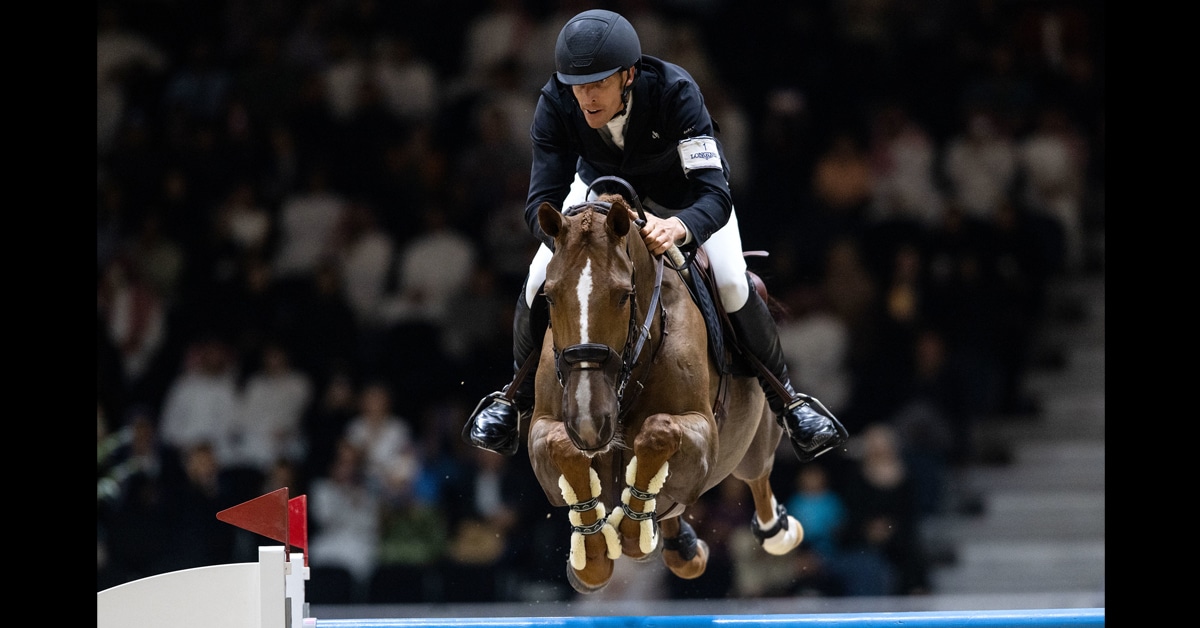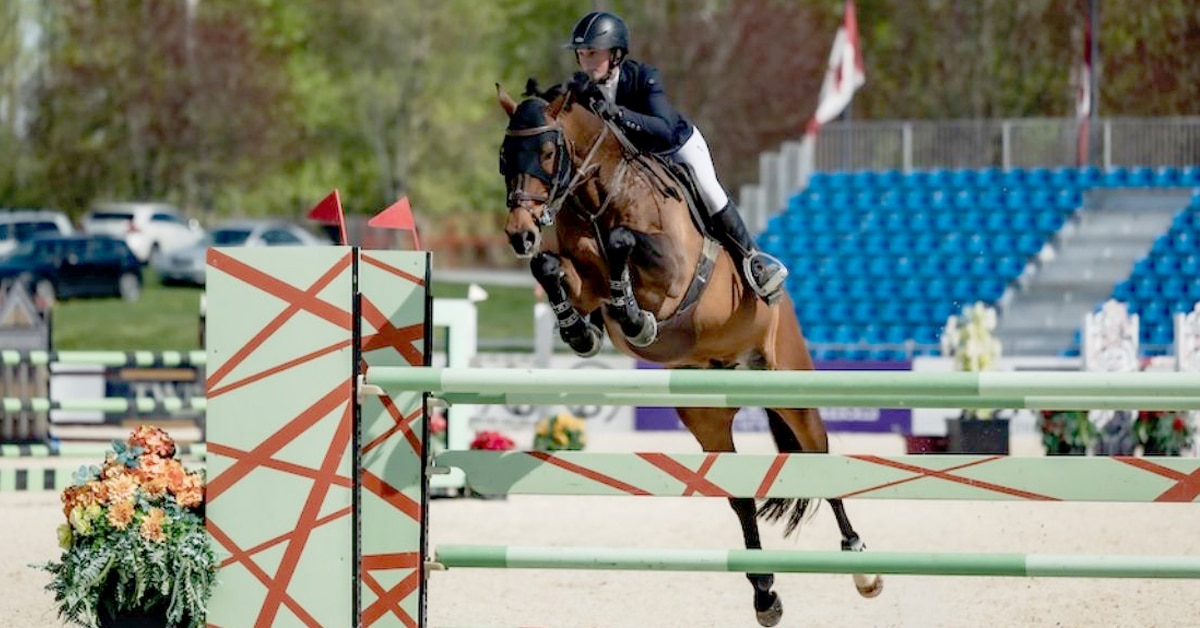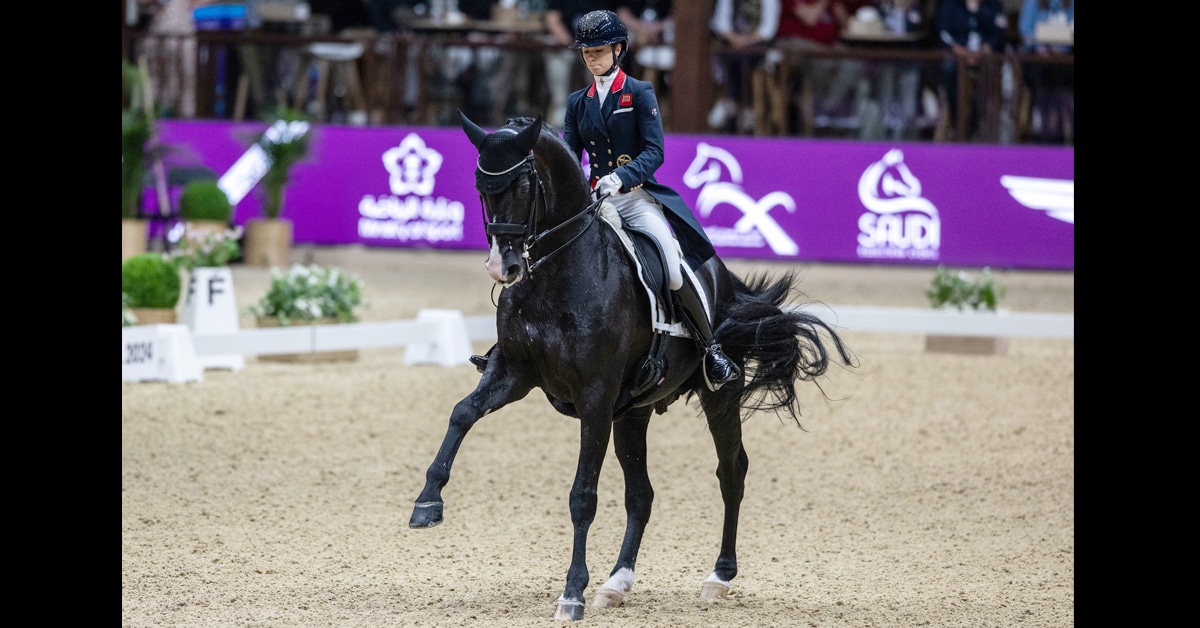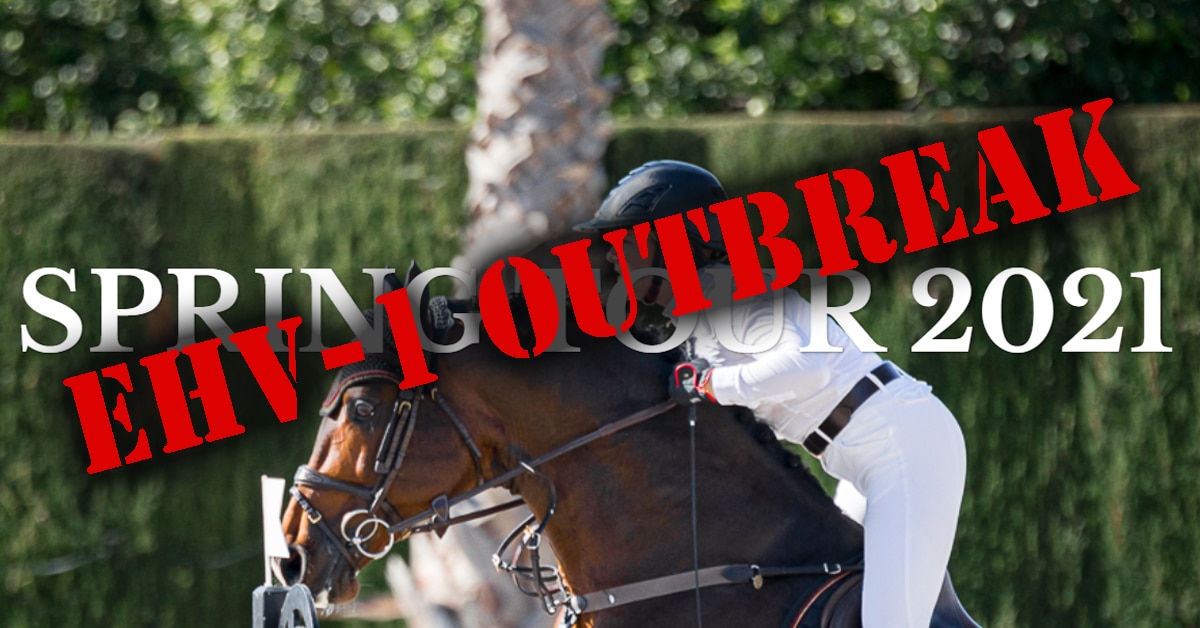One of the biggest mobilizations to curtail an aggressive neurological strain of Equine Herpes Virus (EHV-1) in recent equestrian history is now underway in Spain. The FEI says it is “probably the most serious outbreak in Europe for decades.”
Four horses are reported dead at the Valencia venue which was in the middle of its annual seven-week spring CSI tour. At least two of the equine fatalities have been suffered by the visiting German entourage. Eighty-four on-venue horses have clinical signs and 11 have been shipped to external clinics as far as Barcelona, 200 miles away.
Related outbreaks have been confirmed in France, Belgium and Germany, amid concerns that some riders fled Valencia with potentially infected horses before it was locked-down. The Fédération Française d’Equitation (FFE) has suspended all national and international competitions, training clinics, and other equine events until March 28 in response to the Spanish EHV-1 outbreak.
Spanish veterinary authorities are in charge on-site at Valencia, on the eastern coast of Spain, with 21 treating veterinarians now in place. The FEI is coordinating both onsite and wider measures with the Spanish National Federation.
Last week the FEI blocked 752 horses that competed at Valencia since February 1 from entering other shows until tested, and has ordered other organizers on the Iberian peninsula not to accept any horses travelling on from that tour.
At this time of year, upwards of 4,000 FEI-registered horses from all over Europe are present in Spain and Portugal at any time, for the four main winter/spring CSI tours at Valencia, Oliva, Vejer de la Frontera and Villamoura.
The latest FEI bulletin says: “As many of you will have seen on social media and other online media platforms, there are some very distressing images and footage of extremely sick horses in Valencia.
“As this strain of EHV-1 is particularly aggressive and there are now confirmed related outbreaks in France, Belgium and Germany, we remain concerned that several sick and in-contact horses left the venue before it was closed for departures and that they may spread the disease.
“Although the FEI has blocked all these horses in the FEI Database until the required testing protocols have been fulfilled, the FEI has again directly contacted National Federations with horses that participated in Valencia requesting confirmation that they have contacted all their athletes that were in Valencia, that their national veterinary authorities have been informed about the outbreak and the returning horses, and that the necessary isolation of returning horses and in-contact horses has been put in place and compliance is being controlled.”
Over the weekend, the FEI ordered extra stabling so that healthy/recovered horses can be better separated and 44 temporary stables are due from the South of France today (March 1.)
The French National Federation and the FEI have coordinated a supply of inflatable support mats to assist recumbent horses to stand. Rescue nets and emergency slings are being sourced from Switzerland, and France and Germany are supplying extra veterinarians.
The FEI will be using data from this outbreak to evaluate the effectiveness of the EHV1 vaccine.
The FEI added: “We are grateful for the way our community continues to come together to deal with this outbreak. This is a true example of solidarity among our National Federations in Europe working together with the FEI.”
The outbreak was first alerted on February 21 when some horses fell sick at the show. A German horse who jumped as recently as February 20 is sadly among those who have died.
To date, official information has only been circulated to national federations, and published on the biosecurity section of the FEI website which is difficult to find for those not using that resource regularly.
Riders took to social media to spread the word. Some platforms have removed videos of stricken horses, believing they are too distressing.
More from News:
